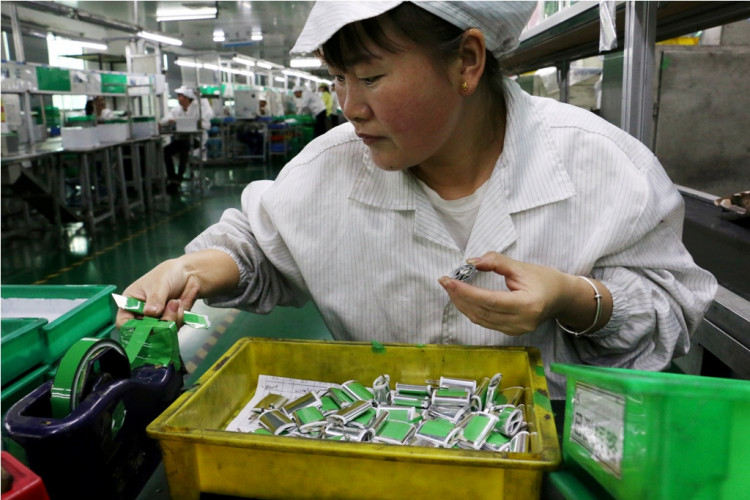China's industrial revolution has been deemed as one of the fastest and most stable around the world as the government and local companies join hands in building the economy. Experts said continuous innovation will drive the country's development.
According to China Daily, Minister of Industry and Information Technology, Miao Wei, noted that seven decades ago, China only produced flour, tables, and other basic items. 70 years later, the country has given birth to homegrown airplanes, cars, and other more complicated machinery and appliances.
As of 2019, China is the only country around the world to have completed all category boxes within the United Nations' (UN) International Standard Industrial Classification. It is also recognized as a global manufacturing hub that conducts trade with other regions.
Miao pointed out that through innovative methods and reforms in the manufacturing sector, China's sustainable development will be achieved. He added that unlike other countries, China's industrial revolution took only 70 years.
China Center for Information Industry Development senior industrial economy researcher, Qin Hailin, acknowledged that the country has challenges ahead in its drive towards innovative industrialization.
While a slowdown is already expected, Qin noted that the manufacturing sector's innovative activities will help stabilize the uncertainties in Chinese markets, as well as the country's economy as a whole.
The National Manufacturing Strategy Advisory Committee's Qu Xianming echoed the sentiments of other experts. Qu said information technology (IT) and other segments will play a key role in driving the real economy.
Qu's statements came amid ongoing talks between Chinese tech companies and firms in various industries wherein the parties are looking into the possibility of integrating artificial intelligence (AI) and 5G technology into the involved sectors.
For every manufacturing minute, China exports 460 air conditioners, over 50 cars, 590 computers, and 160 refrigerators. The country also mines around 7,000 tons of raw coal - a key product in the world's energy industry.
Late last month, the Caixin China General Manufacturing Purchasing Managers' Index (PMI) revealed that the country's manufacturing activities expanded by 51.4 in September, marking the highest expansion yet in 19 months.
In August, China recorded manufacturing activity growth at 50.4. The latest reading is considered a key indicator that industrial output is at a stable pace despite fears of a global slowdown that continues to be weighed down by the China-U.S. trade war.
When the September readings were revealed, Director of Macroeconomic Analysis at consultancy firm CEBM Group, Zhong Zhengsheng, noted that domestic consumption helped spur growth in the manufacturing sector.
Fears for the Chinese economy are still present but economists believe the country, as it did in the past, has the capability to overcome both external and internal headwinds.





